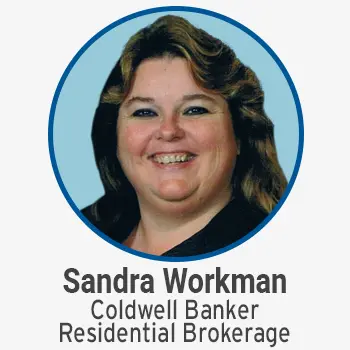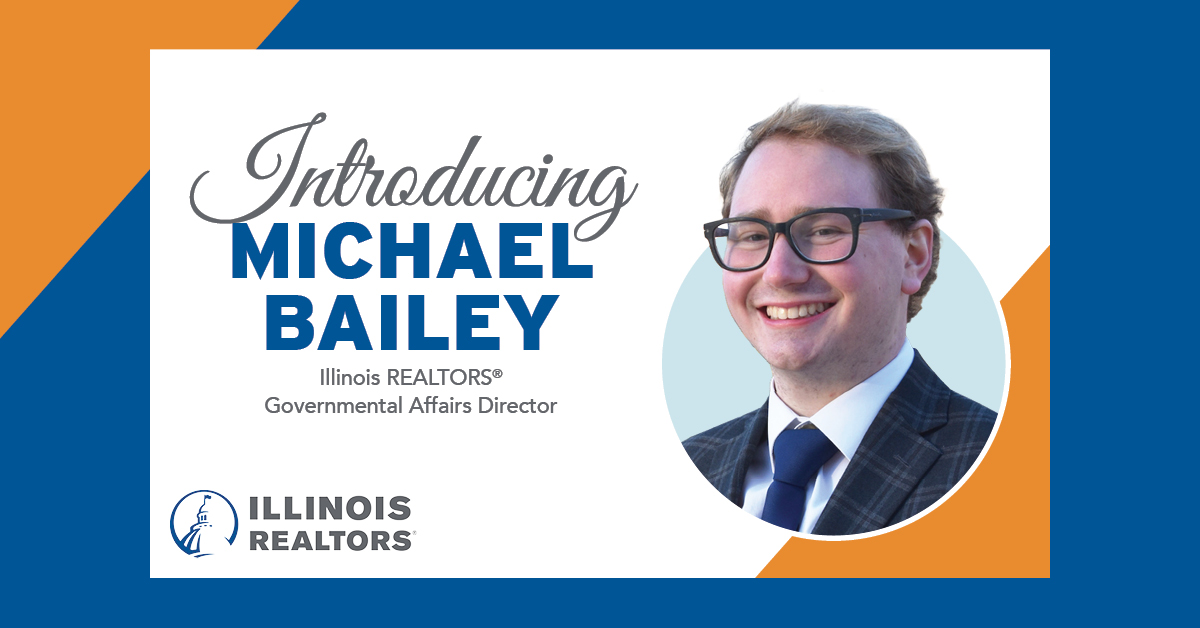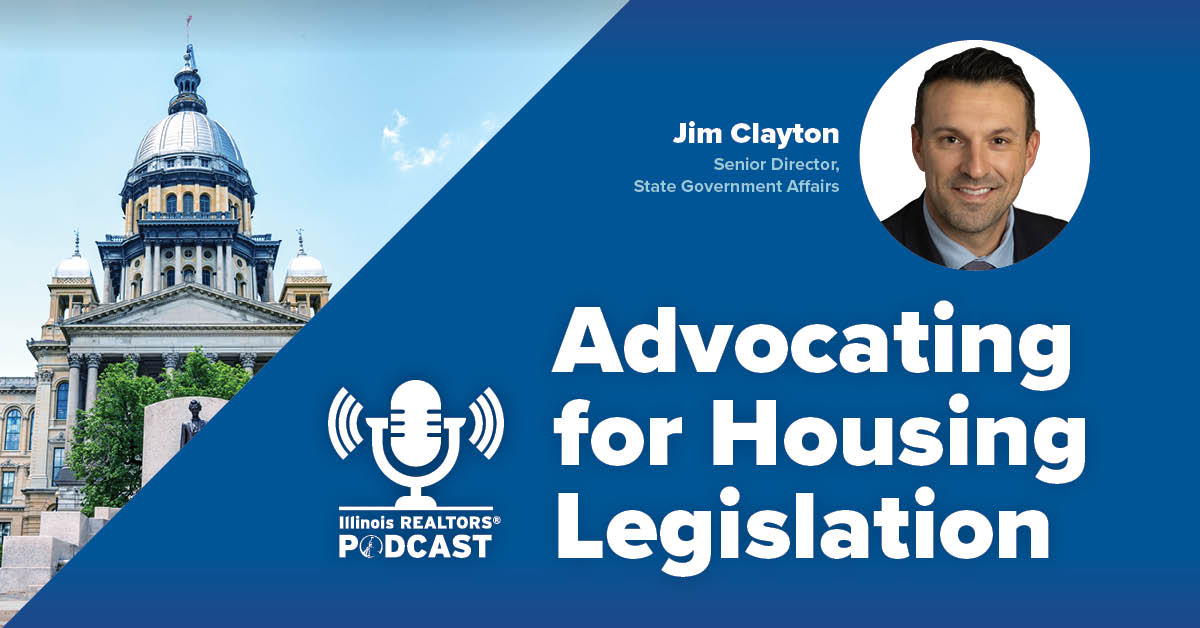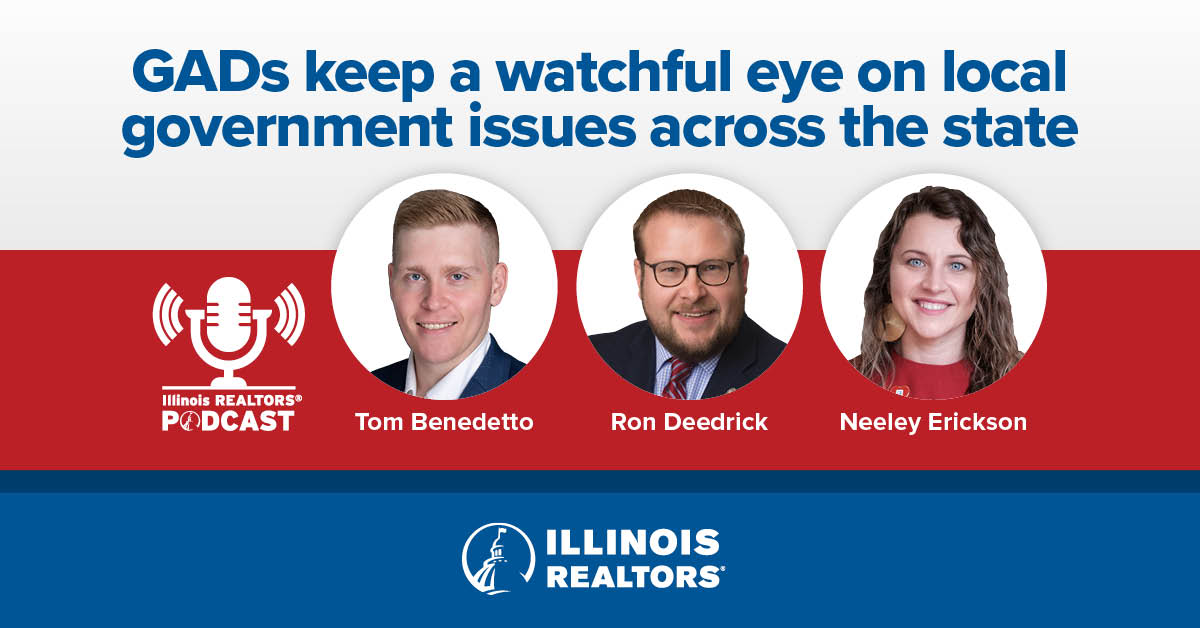The Illinois Association of REALTORS® is lobbying against Home Rule initiatives in the municipalities of Shiloh (St. Clair County), New Baden (Clinton and St. Clair counties), Broadview (Cook County) and McLean (McLean County) for the April 7 consolidated elections.
The IAR Governmental Affairs team has been monitoring the situations in these municipalities and wants residents in these communities to understand the ramifications of Home Rule. It can have a huge impact on the cost of living and the economic viability of its governance.
Background
The Illinois Constitution allows a municipality with less than 25,000 residents to become a Home Rule unit if the voters approve it in a referendum. A municipality automatically becomes a Home Rule unit when its population reaches 25,000. The move allows a community to incur debt and loosens restrictions on implementing transfer taxes on real estate.
A broad range of taxation options are available to Home Rule municipalities. Prior to 1997, Home Rule units could freely adopt a real estate transfer tax. But in 1997, a new law put a limit on this; Home Rule units needed a referendum to get a transfer tax adopted or increased. Except for this limitation – and few others that are set forth in state law – Home Rule units are free to enact any kind of tax (except an income tax) they want. Home Rule units are even exempt from the Property Tax Caps law.
Home Rule allows a community to undertake long-term financing of infrastructure projects. This can be good for a community and it can attract new businesses. This is a genuine benefit of Home Rule since economic development is important for all Illinois communities. However, the question of how the debt will be managed and financed is an important issue for citizens in Home Rule municipalities or those who are considering becoming a Home Rule unit.
What are some of the dangers with adopting Home Rule?
Some Home Rule municipalities have abused their powers by attempting to control property transfers through point-of sale inspections and imposing regulations regarding: inspections of apartment buildings and vacant homes; landlord-tenant relationships; and crime prevention measures. Some Home Rule units have passed property demolition taxes, unfettered impact fees and excessive fees with the inspection programs. What does this mean to the home buyer or seller? More costs in a state where a common complaint is that the costs of living are already too high.
Why do Illinois REALTORS® care?
The clients of more than 43,000 Illinois REALTORS® are sensitive to any changes in regulation and taxation. Increases in both areas could scuttle deals, make communities seem less attractive or – in some cases – price a property owner or would-be buyer out of the market. REALTORS® want affordable, quality housing for anyone wanting to realize the American Dream of home ownership. They also want to make sure that commercial interests are served by making sure the costs that can be a barrier to job creation are as low as possible. Layering on the potential for additional taxes and regulation undercuts these missions.



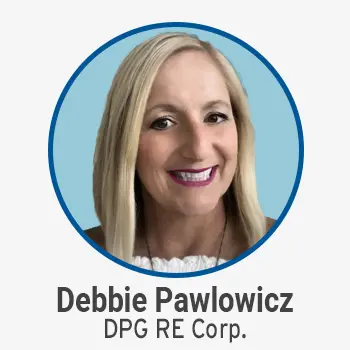
 Create professional development programs that help REALTORS® strengthen their businesses.
Create professional development programs that help REALTORS® strengthen their businesses.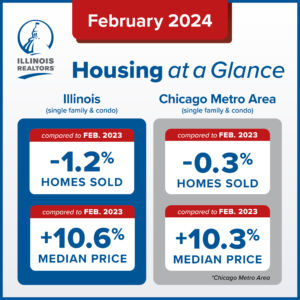
 Protect private property rights and promote the value of REALTORS®.
Protect private property rights and promote the value of REALTORS®.
 Advance ethics enforcement programs that increase REALTOR® professionalism.
Advance ethics enforcement programs that increase REALTOR® professionalism.
 Protect REALTORS® by providing legal guidance and education.
Protect REALTORS® by providing legal guidance and education. Stay current on industry issues with daily news from Illinois REALTORS®, network with other professionals, attend a seminar, and keep up with industry trends through events throughout the year.
Stay current on industry issues with daily news from Illinois REALTORS®, network with other professionals, attend a seminar, and keep up with industry trends through events throughout the year.
